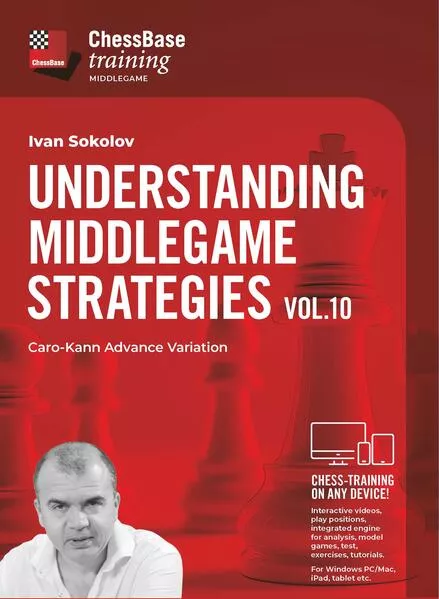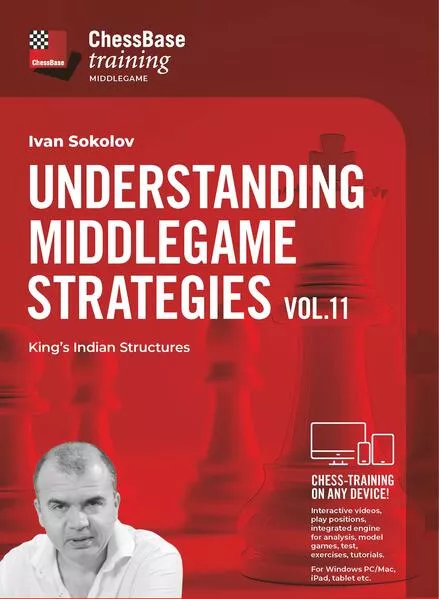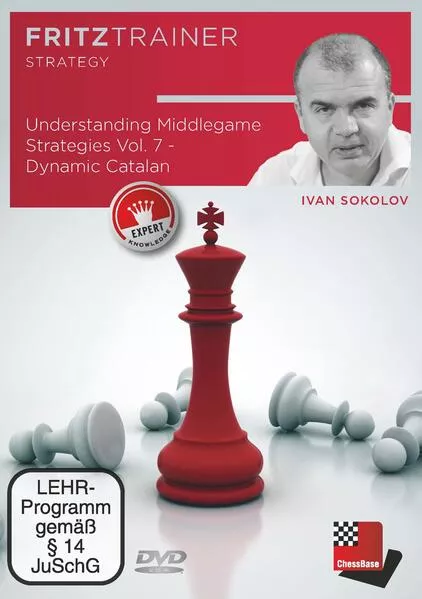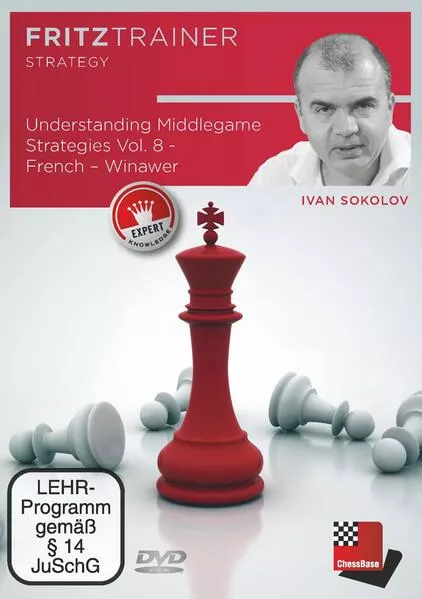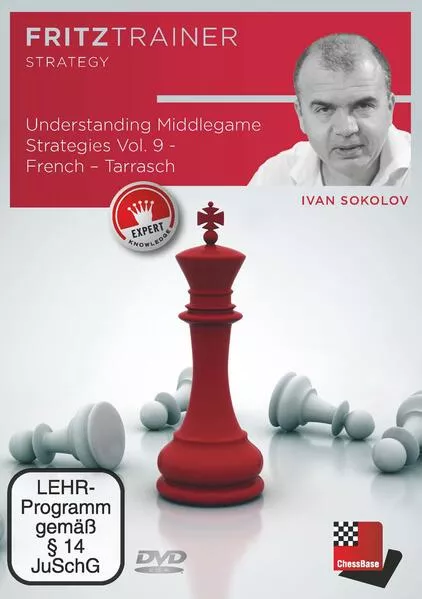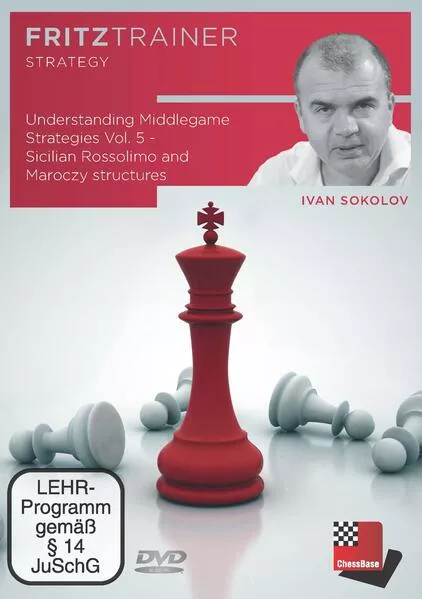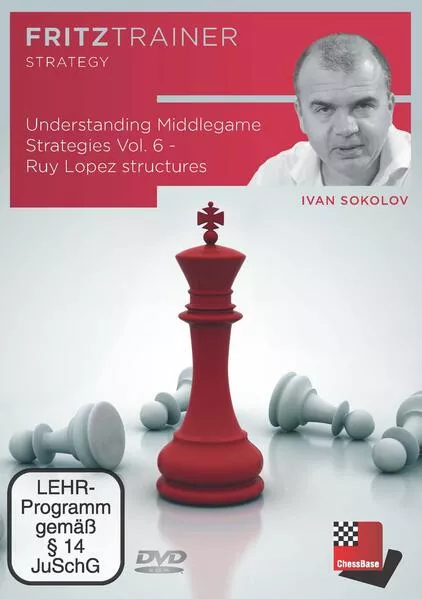
- Publikationen ca: 7
- Fragen & Antworten
Ivan Sokolov
Understanding Middlegame Strategies Vol. 10
Looking to outplay the Caro-Kann as White? This course dives deep into effective plans and ideas to challenge one of Black’s most solid defences. With objective insights, this course also provides valuable knowledge for Black players, ensuring a well-rounded understanding of the Caro-Kann from both sides of the board.
Understanding Middlegame Strategies Vol. 11
The King’s Indian Defence is one of the most popular and historically rich openings in chess, known for its dynamic complexity and fierce battles for control. In this course, you will explore how to navigate White’s full pawn centre and understand the key plans for both sides.
Understanding Middlegame Strategies Vol. 7
Many young top-players are opting for the trendy “Dynamic Catalan” where, against the triangle or semi-slav structures, White can sacrifice a pawn to gain immediate initiative. This sacrifice can lead to long term positional advantage, but often White can unleash dangerous threats upon the black king with a central pawn break.
Understanding Middlegame Strategies Vol. 8
The French is a complex opening and can lead to a wide variety of middlegames. The Winawer after 3...Bb4 is Black’s most proactive option, immediately weakening White’s pawn structure by doubling their c-pawns. While Black gets to play against the weak square d4, White often gets attacking chances on the kingside and a space advantage.
Understanding Middlegame Strategies Vol. 9
In the Tarrasch variation, White seems to be doing great, but initial evaluations can be deceptive and Black certainly has trumps, creating complicated and fascinating positions. “The French´s household-name proponent is the legendary Victor Kortschnoj - arguably the best player to have never become world champion - so naturally, I have included a number of his games.
Understanding Middlegame Strategies Vol. 5
Understanding an opening doesn’t stop after the theory. It’s essential to understand ideas and structures connected to the opening moves. Furthermore, recognizing mistakes by your opponent to gain an advantage is a key component of the middlegame.
Understanding Middlegame Strategies Vol. 6
Understanding an opening doesn’t stop after the theory. It’s essential to understand ideas and structures connected to the opening moves. Furthermore, recognizing mistakes by your opponent to gain an advantage is a key component of the middlegame.
